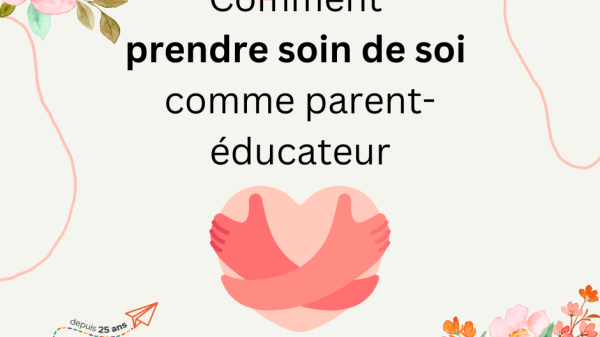Unschooling: the black sheep of the homeschooling world

School is a widely used form of instruction and unschooling is a much less common one. However, it is still a thoughtful and relevant choice.
Why isn’t it comparable?
Although I have a master’s degree in pedagogy and I study the cognitive mechanisms of learning through neuropsychology and developmental psychology, I remain a musician and my field of expertise is in teaching music . It is from this background that my interest in teaching differently was born. I am currently working on an approach that totally challenges music pedagogy.Naturally, I questioned the school system and its current functioning. It was clear to me that free learning was the way to go.
I have 3 children, not a class, and I know them by heart, and without any merit given that I spend 24 hours a day with them, and I gave birth to them. I can adapt their schedules and give them the freedom to do what they choose, even if it’s different.
Then comes the refrain about socializing, respecting the rules and living well in society. My daughters do have friends! Yes, they do! And not only among the children who do not go to school, and not only children for that matter! They met them during trips, sports activities, in the neighborhood…
They have a wonderful ability to reach out and get to know people.
They are not isolated in the house without any thoughts outside of ours. On the contrary, they are open to the world and we discuss a lot about what surrounds us and current issues. The planet, the pandemic, the wars, the beliefs… we do not impose a way of thinking, we encourage them to give their opinion and in turn we give ours. Sometimes we don’t agree and we discuss it to learn to listen and to know how to question ourselves. And it’s not always the children who change their minds.
Learning freely does not mean idly “bubbling”. It means seizing every second of life so that it becomes a source of learning.
It is not sitting at a table and learning words or multiplications by heart, it is undertaking a project or an adventure and seeking to understand. Children are then confronted with multiplication, for example, and learn how it works, and then, through play and the various activities that arise, it becomes an acquired taste.
Free learning produces curious and enthusiastic children. They don’t learn for the sake of learning, nor for performance, they learn out of desire and curiosity! It’s fun to see that among unschooled children, they love to share their knowledge. “Did you know that? If you want I’ll teach you that and you can teach me that! Because their goal is not to show their worth, but to exchange in order to learn even more.
The rules? The workplace?
Not being in a school environment does not deprive them of teamwork awareness or rules of proper behaviour.
They develop and assume their opinions, listen and are curious, sometimes pushing them to take on challenges and surpass themselves. They have no limits and learn from everything and in every situation. The goal is not to learn but to move forward, to discover. It seems to me that this is an ideal profile to invest fully in a job, no?
Finally, you will find it quite ironic that our choice of free learning is inspired by a school! And yes, the Finnish school. A country that has made a real reform of education and knew how to take advantage of the skills of their teachers. When the child is the biggest concern beyond performance, social rank and hierarchy, you get a more open society and happy children. Children are free and contrary to popular belief they do not do less but voluntarily do much more!
We are not anti-conformist, anti-system, rebel, baba cool or whatever.
I have a lot of respect for the teaching profession as I am passionate about teaching myself, but I regret that our government (in Quebec, but also in France) is not capable of questioning the way they operate. It is particularly sad to have to submit to a regulation that is in total opposition to our choice.
I am proud to practice unschooling (although I don’t like this term so much…) and to be able to offer this “school” to my girls.
To read the entire post : Unschooling ou l’instruction mal aimée…
The opinions expressed in this article are those of the authors and should not be interpreted as reflecting the position of AQED.



